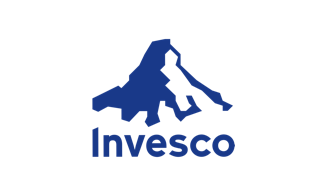Rhode Island's CollegeBound 529 savings program is managed by Ascensus College Savings with Invesco Advisors, Inc. as investment manager. The plan is sold through brokers (unit classes A and C) and registered investment advisors (unit class I). Rhode Island residents purchasing through advisors can use lower-cost classes RA and RZ. The program features a menu of age-based and static portfolio options utilizing Invesco funds. Accounts can be linked to the Upromise rewards service. To find a financial advisor in your area, use the Directory of Financial Professionals.
- Program typeSavings
- Inception1998, substantially changed in 2016.
- State agencyGeneral Treasurer of Rhode Island
- Tax deduction
- Program ManagerAscensus College Savings
- Program distributorInvesco Distributors
Invesco CollegeBound Today Portfolio
Asset Allocation
| Asset Class | % Assets | Category Avg. |
|---|---|---|
| US Stock | 7% | 5.05% |
| Foreign Stock | 0% | 1.19% |
| Real Estate | 0% | 0.23% |
| Bond | 30.75% | 32.55% |
| Short Term Bond | 6.25% | 21.38% |
| Cash/MM | 53% | 39.41% |
Performance
Fees & Expenses (1 Year)
Total Expense Ratio
Fees vs Performance
Calculate your fee
Each investment portfolio within a 529 plan carries with it a certain fee, known as the expense ratio. These annual fees are calculated based on a percentage of the investment balance. Enter the information below to see how much in fees you will pay over the course of your investment.
Growth of $10,000
Assumptions
Data in "Growth of $10,000" is based on historical annual performance data.
Data as of 03/31/2024.
Disclaimer: The information contained herein: (1) is proprietary to Saving for College LLC and/or its content providers; (2) may not be copied or distributed; and (3) is not warranted to be accurate, complete or timely. Neither Saving for College LLC nor its content providers are responsible for any damages or losses arising from any use of this information. Past performance is no guarantee of future results.
Each portfolio is assigned to a category of similar portfolios for comparison purposes. Read about our methodology for categorizing portfolios.
Category averages are designed to be a representation of all portfolios with a similar risk profile (represented as a % of equity).
Category average
Category averages are designed to be a representation of all portfolios with a similar age and risk profile (represented as a % of equity).
